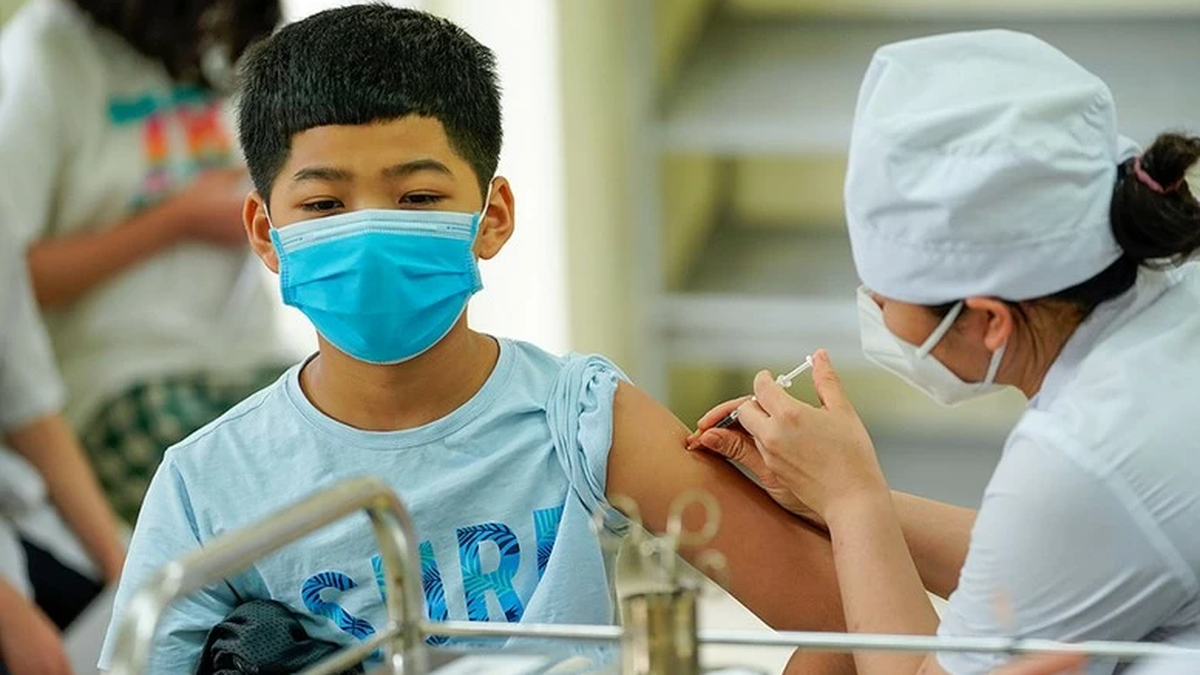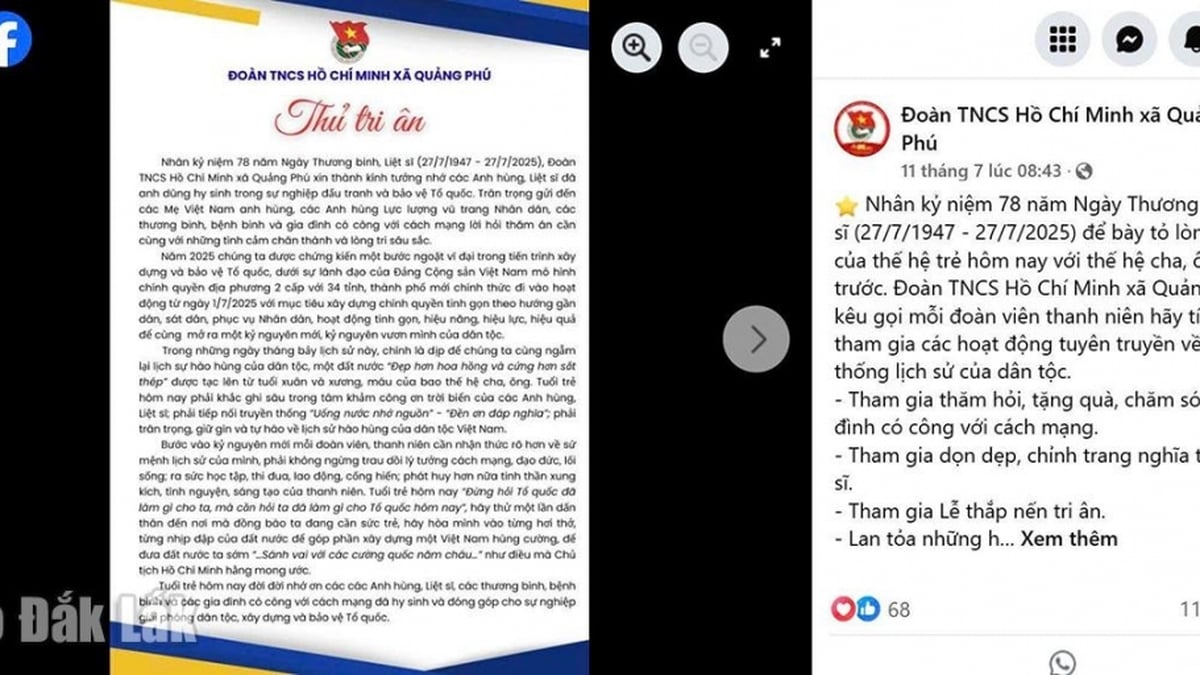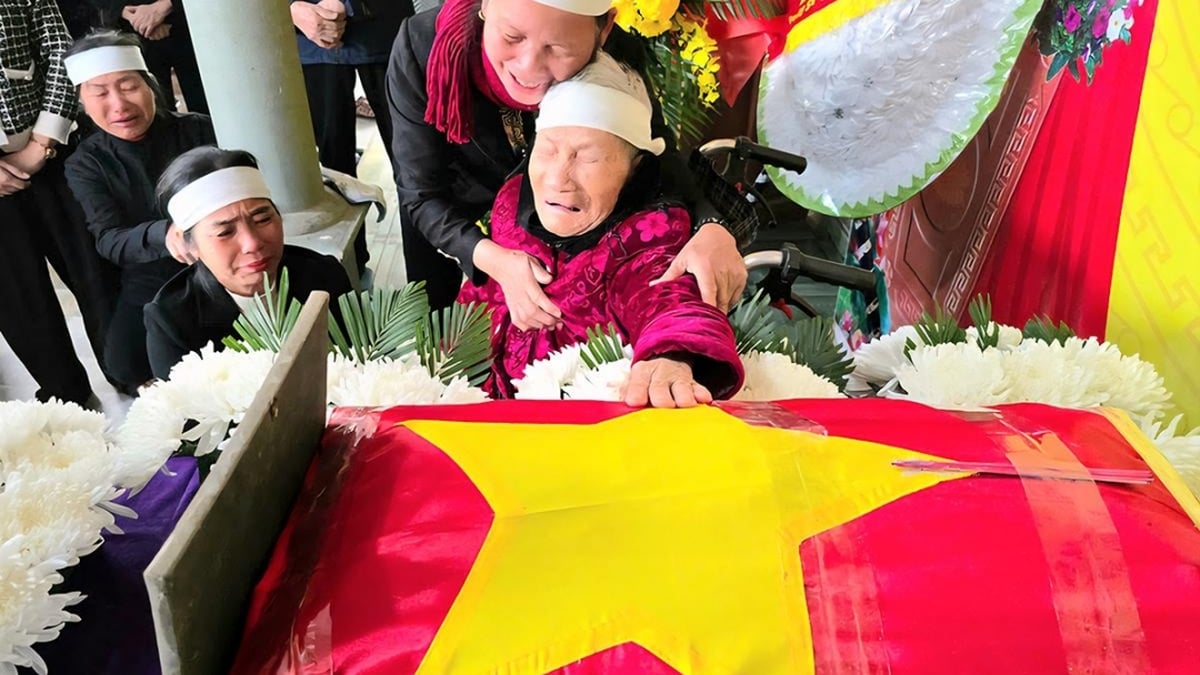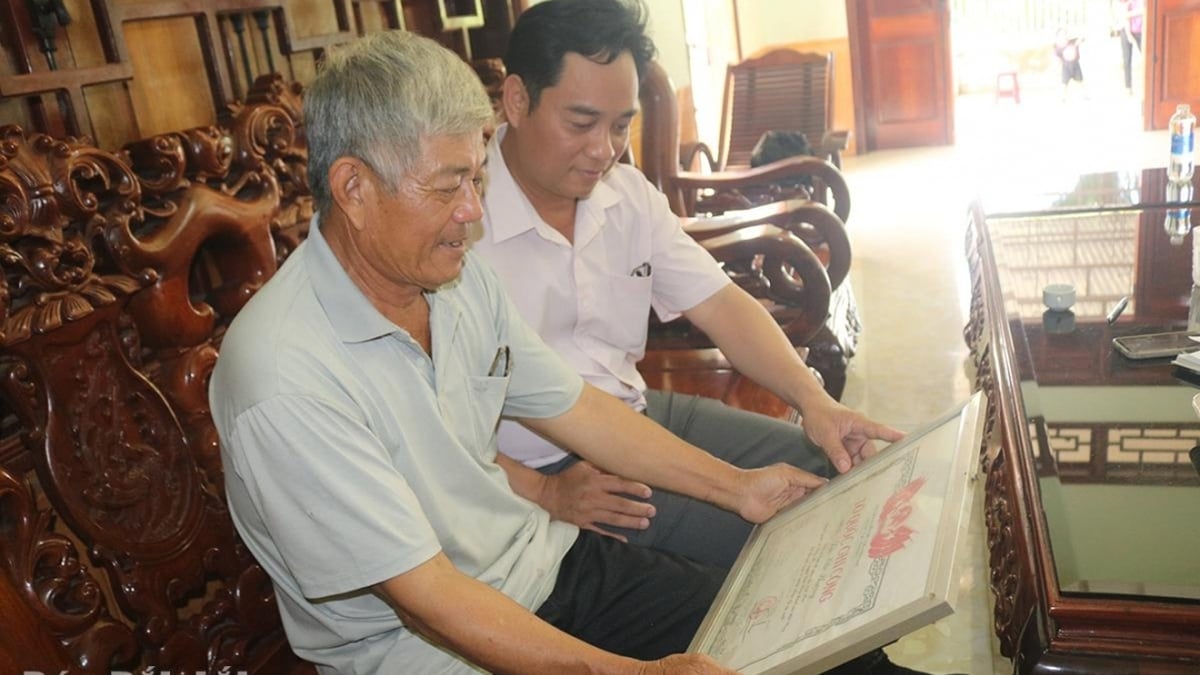
Stress and anxiety
When the body is stressed, it releases cortisol, known as the stress hormone, which can cause muscles to tense up.
Over-exercising
Engaging in strenuous physical activity or lifting heavy objects incorrectly can cause muscles to become tight and stiff.
Dehydration
Dehydration leads to an electrolyte imbalance in the body. This makes the muscles more susceptible to spasms, leading to cramps and muscle tension.
Lack of exercise
Prolonged periods of inactivity, such as sitting for too long without a break, can cause muscles to become tight.
Injury
Accidents, injuries or muscle trauma can lead to muscle tension and stiffness as part of the body's natural healing process.
Ways to help relieve muscle tension
Exercises: If your muscles are sore and difficult to move, stretching exercises can help relieve muscle tension and improve flexibility.
Massage: Muscle massage can be an effective way to release muscle tension and promote relaxation.
Reduce stress: Stress is the biggest factor in causing muscle tension, stiffness, or pain. So, to reduce stress and tension in your body, practice relaxation techniques like deep breathing, meditation, or yoga.
Cold compress: Applying cold to the affected area can also help reduce inflammation and relieve pain. Be sure to wrap the ice pack in a cloth to avoid skin damage from direct exposure to the cold.
Stay hydrated: Staying hydrated and eating a balanced, nutrient-rich diet can support muscle health and function. Drink enough water throughout the day to prevent dehydration, which can cause muscle cramps and strain.
Source: https://laodong.vn/suc-khoe/nguyen-nhan-gay-ra-tinh-trang-cang-co-va-cung-co-1366555.ldo


























![[Photo] National Assembly Chairman attends the seminar "Building and operating an international financial center and recommendations for Vietnam"](https://vphoto.vietnam.vn/thumb/1200x675/vietnam/resource/IMAGE/2025/7/28/76393436936e457db31ec84433289f72)









































































Comment (0)